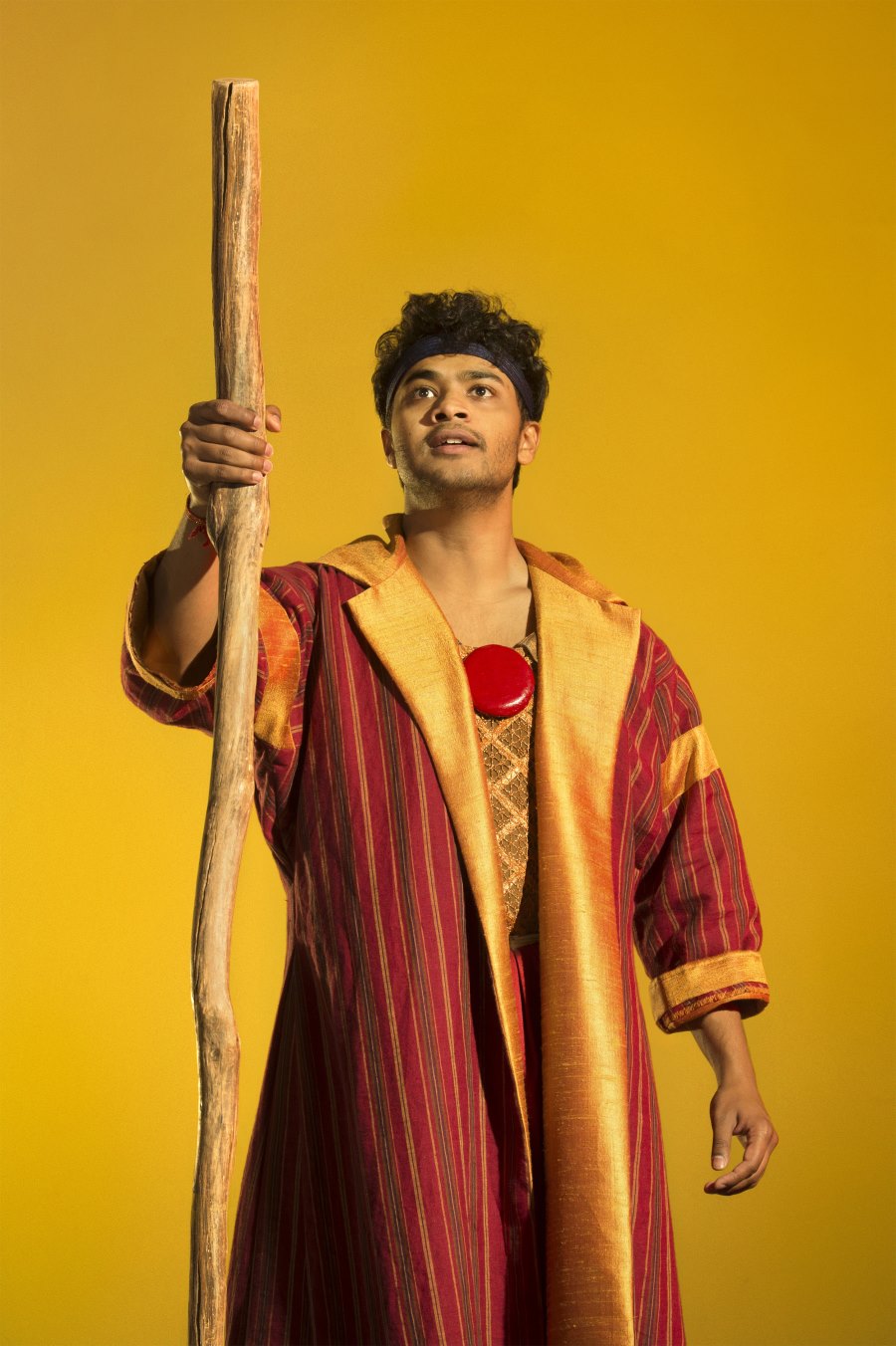Stephen Schwartz, Tony-winning composer of Wicked, Pippin, and Godspell, has also received multiple Oscars, including one for the song “When You Believe” from The Prince of Egypt. This month, a stage version of that film will premiere at TheatreWorks in Palo Alto, Calif. (Oct. 6-Nov. 5), in collaboration with the Fredericia Teater in Denmark. It will be presented at the Mountain View Center for the Performing Arts. Philip LaZebnik wrote the book and Schwartz’s son Scott will direct.
Why did you decide to adapt the movie for the stage?
Over the years there have been a number of requests that have come into DreamWorks for stage rights. Every now and then, people have done illegal stage adaptations—I actually saw one, believe it or not, in Sweden! I think finally DreamWorks decided that rather than have people doing their own stage versions of The Prince of Egypt, we should try to come up with our definitive version.
How will the musical be different from the movie?
A stage musical can be longer, and thus have more depth and nuance than an animated feature. There of course will have to be more songs than the comparatively few in the movie, and this gives the chance to explore characters and situations further. In this show, there are even characters who aren’t in the movie at all. For instance Ramses’s wife, Nefertari, and his relationship with her are not in the movie at all. There are other characters who have been expanded, such as Moses’ eventual wife, Tzipporah and her father Jethro; the Pharaoh and his wife, Miriam; Aaron—all of those roles have increased and have more depth to them. On the other hand, the roles of the Egyptian priests, Hotep and Hoy, have been made into one, and poor Hoy has been left behind.
Why do you think people wanted a stage version so badly?
Actually it has been quite surprising to me to hear as frequently as I do from people who loved the movie when they were kids, or now their kids love it, because it never seemed like a kids’ movie to me. I try to do a little anecdotal research by asking people, “What is it that your kids really like about this movie?” One of the interesting answers I hear is that they like the reality of it; they like that bad things happen and real people deal with them—that it doesn’t feel like a fairy tale.
Between this and Godspell, people might assume you’re religious. Are you?
Because I’ve dealt with a lot of stories that are based on the Bible, I get asked about this frequently. I never answer, and here’s the reason why: I don’t want people’s response to my work to be based on the extent to which they personally agree or disagree with my own beliefs. I want each audience member to come to the show on his or her own terms and take from it what he or she will, and not be distracted by the extent to which their beliefs line up with mine.

Did the controversy around an earlier Prince of Egypt reading, and its alleged lack of diversity, influence the way you cast the show?
Actually, that controversy was based on misinformation. Some people mistakenly believed that the cast for the reading was not diverse, when in fact it absolutely was. They had jumped to a conclusion because the first three actors who were announced happened to be white, and they didn’t wait to see who was playing the rest of the principal roles and who the rest of the ensemble were. This kind of snap misjudgment seems to me a continuing problem with social media and our current culture of grievance.
That being said, it’s always been our intention that the cast be extremely diverse, because this is a story that transcends any one ethnicity, race, or culture. And in fact the cast for the TheatreWorks Silicon Valley production couldn’t be more ethnically diverse. Diluckshan Jeyaratnam, who’s playing Moses, is of Tamil origin, and Jason Gotay, who’s playing Ramses, I think is part Asian and part Latino. And the rest of the cast is made up of several African Americans, Asians, Latinos, as well as whites and other ethnicities—in other words, there is an extraordinary variety. That was always something we intended to do. But of course what has always been most important to us is to cast the people we thought were really the best for the roles.
What’s your favorite theatre memory?
My favorite theatre experience remains when I saw the original Nicholas Nickleby, the best show I have ever seen in my life. I really like marathon theatre, and I see a lot of it. Most recently, speaking of marathon theatre, the most memorable piece of theatre I saw was Harry Potter and the Cursed Child in London. I found it absolutely extraordinary both in its writing and production.
Which Hogwarts house would you be in?
[Laughs] You know nobody’s going to say Slytherin, so I feel like I have to say that just to be contrary! Severus Snape is the kind of character I like to write: people who seem one thing on the surface, and then you find out complexities about them. So yeah, I’ll definitely say Slytherin.
If you weren’t a composer, what would you be?
A clinical psychologist. There was a period of time a few years ago when I thought I would go back to school and become one. I suppose that’s because that profession has a lot in common with being a writer, which requires a curiosity about human beings and what makes them do the things they do and not do the things they don’t do. What’s going on underneath the surface? I think that’s why we become writers—it’s a fascination with ourselves and the people we encounter and what makes us tick.





